Coronavirus Melbourne: Eid family feast sparks big cluster
An Eid celebration in Coburg emerges as the cause of one of Victoria’s biggest family clusters.
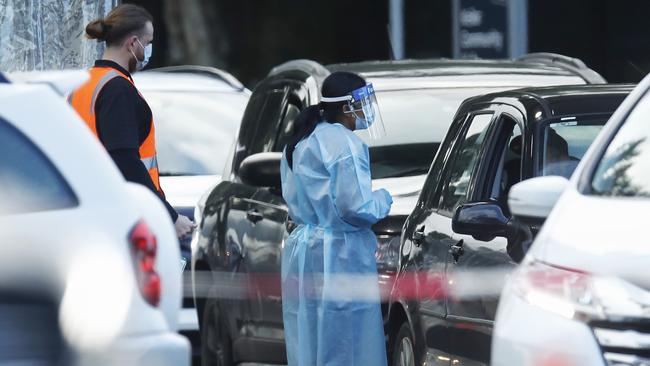
A family Eid celebration that broke public health restrictions has emerged as the cause of one of Victoria’s biggest family clusters, as Premier Daniel Andrews calls in the army to help contain the state’s escalating coronavirus crisis.
The Australian understands Victoria has requested 300 Australian Defence Force personnel to help with logistics, medical expertise and the state’s quarantine hotels, two of which have been linked to clusters responsible for more than 30 COVID-19 cases between them.
The state has also accepted help offered by NSW, Tasmania, South Australia and Queensland, which Mr Andrews’s office said would be used to “ramp up testing and community awareness” in virus hotspots.
Victorians on Wednesday were turned away at some testing centres and faced waiting times of more than four hours at others, having heeded the government’s calls to get tested.
Victoria’s acceptance of ADF assistance came little more than 24 hours after Mr Andrews said he didn’t believe it was necessary.
“No, I don’t think we need to do that now, but of course I’m very grateful to the Prime Minister for the ongoing dialogue that I have with him,” Mr Andrews said on Tuesday, when asked whether he would accept an offer for the ADF to assist with hotel quarantine, as has happened in other states.
At least 14 cases have been linked to a cluster of security contractors at the Stamford Plaza quarantine hotel in Melbourne’s CBD, while 17 have been linked to an earlier cluster at Rydges on Swanston.
Chief Health Officer Brett Sutton on Wednesday confirmed that a family cluster in the outer southeastern suburb of Hallam had been caused by a Stamford Plaza security contractor infecting family members.
Mr Andrews on Tuesday separately implied that a security contractor had been among several people who knowingly breached quarantine. He also blamed “families, larger families often, making decisions … not in accordance with the rules”.
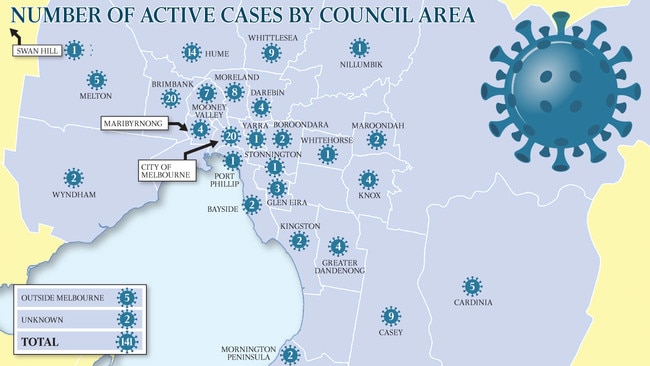
The Australian has confirmed that a family cluster of at least 14 cases across multiple households in Melbourne’s north and outer southeast has been linked to a gathering in Coburg held to celebrate the end of the Muslim holy month on the weekend of May 23 and 24. At the time, Victorians were prohibited from having more than five guests in their homes. Asked whether any of those responsible for breaching social-distancing directives would be fined, a Health Department spokesman said: “The contact-tracing process relating to the Coburg family cluster is ongoing and all relevant avenues will be explored.”
A receptionist at the Pakenham Medical Clinic in Melbourne’s southeast told The Australian on Wednesday that a female patient who had attended the clinic on June 10 for testing and received a positive COVID-19 result three days later was believed to have contracted the virus at a family Eid celebration in Coburg now associated with the cluster. “That’s correct, yes,” the receptionist said, adding that the GP who treated the patient remained in quarantine, had not tested positive and no further cases had been linked to the clinic.
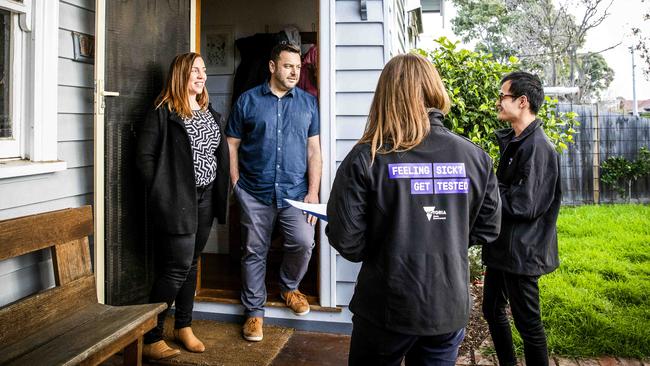
Two Pakenham Springs Primary School students, who are understood to be the patient’s children, are also part of the Coburg cluster.
There are currently five active cases in the local government area of Cardinia, which includes Pakenham, and nine in the neighbouring area of Casey, which include the Hallam cluster linked to the Stamford Plaza outbreak.
Victoria’s death toll rose to 20 on Wednesday with the death in hospital of a man in his 80s overnight.
The Health Department refused to say whether his case was linked to a cluster, citing privacy.
The state revealed 20 new cases — the eighth day of double-digit increases — taking the number of active cases to 141, with more than 1000 close contacts. Only 30 of Victoria’s active cases are in people in hotel quarantine.
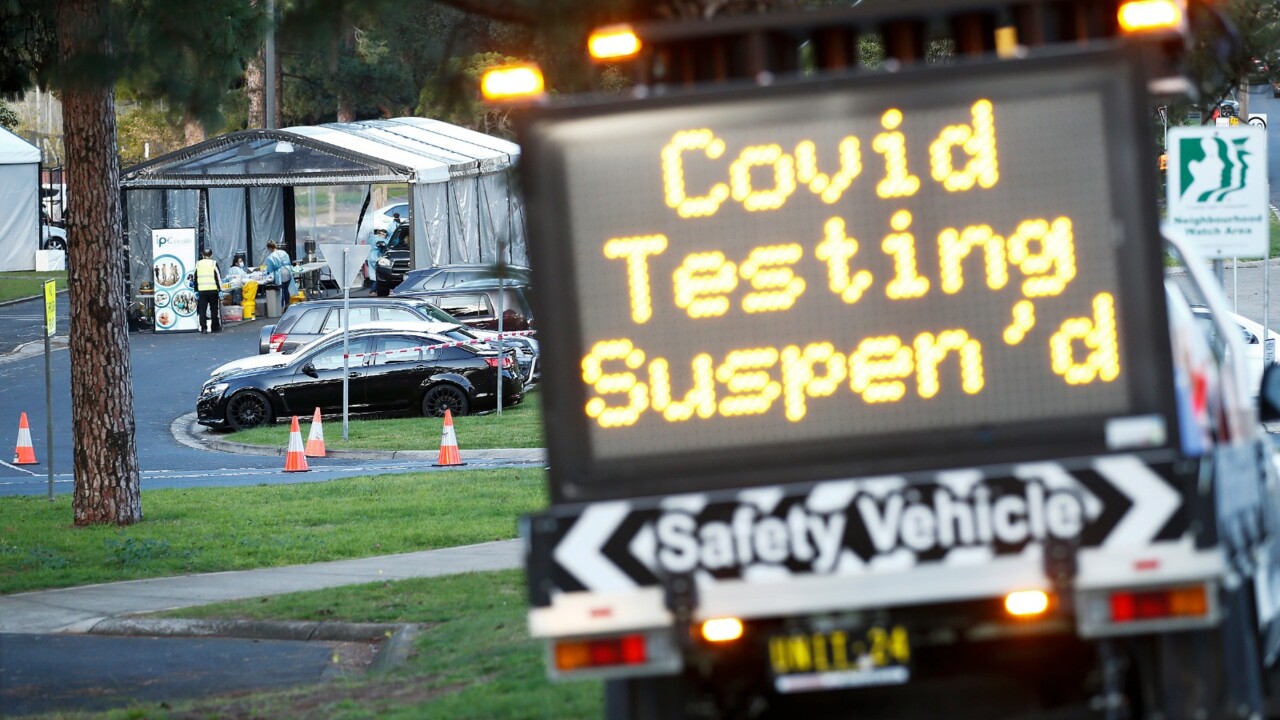
Among the new cases were three associated with a family cluster across multiple households in Keilor Downs, in Melbourne’s northwest, which is now responsible for 15 cases.
The local government area of Brimbank, which takes in Keilor Downs, is now Melbourne’s worst hotspot, with 20 cases, including 10 since Sunday. There are now 12 LGAs in Victoria with at least four active cases each.
There are now 13 LGAs in Victoria with at least four active cases each.
The Coburg Eid breach occurred despite a concerted campaign by the Islamic community and the Andrews government to inform people about the dangers of the virus.
Information on the virus is available in 53 languages on the health department’s website and has been added to since the virus emerged as a serious public health issue.
The Victorian government has been running in-language coronavirus advertising since March across print, radio, digital and social media channels, including a special message from the Premier to the Islamic community, reminding them that Ramadan and Eid festivities would be more contained this year because of the virus.
The government invested $5000 to help mosques get IT-ready so they could hold digital services.
Islamic Council of Victoria vice-president Adel Salman said that while he had heard rumours of people breaking rules to meet in larger numbers, there was no evidence to back this up, and he did not want people stigmatised.
“By and large I think the Muslim community has been exemplary,‘’ he said.
Mr Salman said there had been regular discussions and Zoom meetings with health officials about how to respond to the crisis.
These had been extended to community leaders so they could spread the word; mosques also had been closed and messages about cleaning and distancing measures passed on to other Islamic leaders.
Professor Sutton said he had met with numerous multicultural groups, from the Chinese community as the pandemic emerged, to the Islamic Council of Victoria in recent days.
“It is not a simple case of pamphlets and campaign materials and banners to reach into communities,” he said.
“You do need that community leadership, community champions, and all of the modes and methods available to you to try and get messages out.
“There are people who use social media from their country of origin or amongst their network of friends as their primary source of information.
“A lot of that is false information, a lot of it tells them that it’s all rubbish, the messaging from government, so we have to meet people where they are and we have to get those messages penetrated as much as possible.”

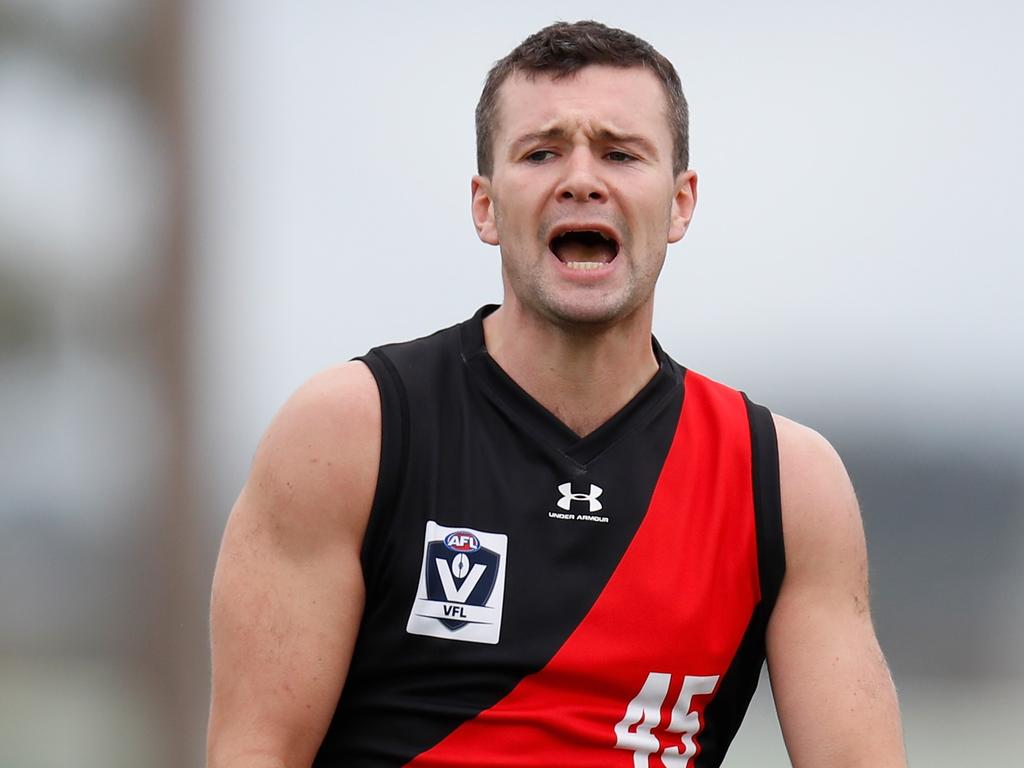
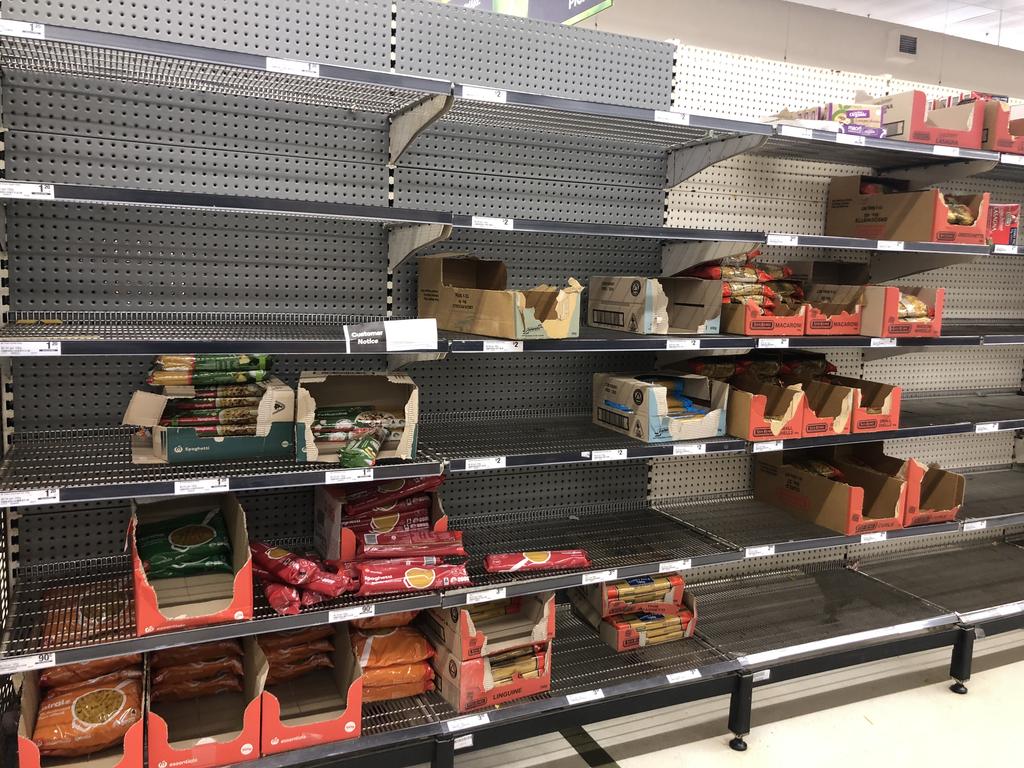
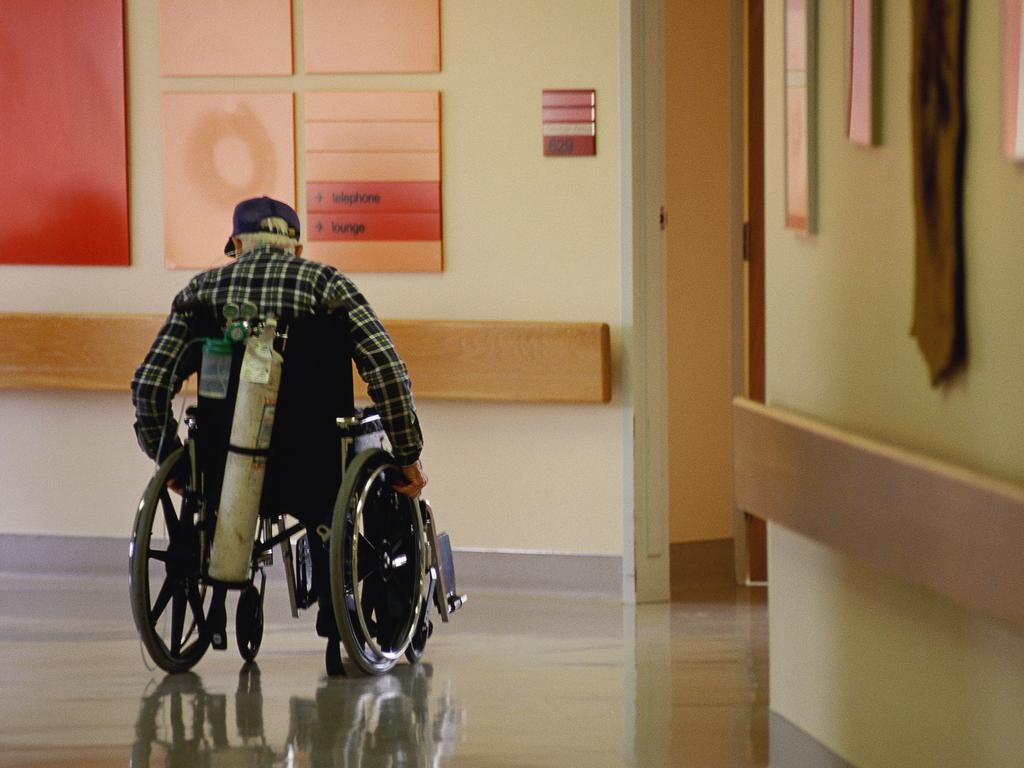
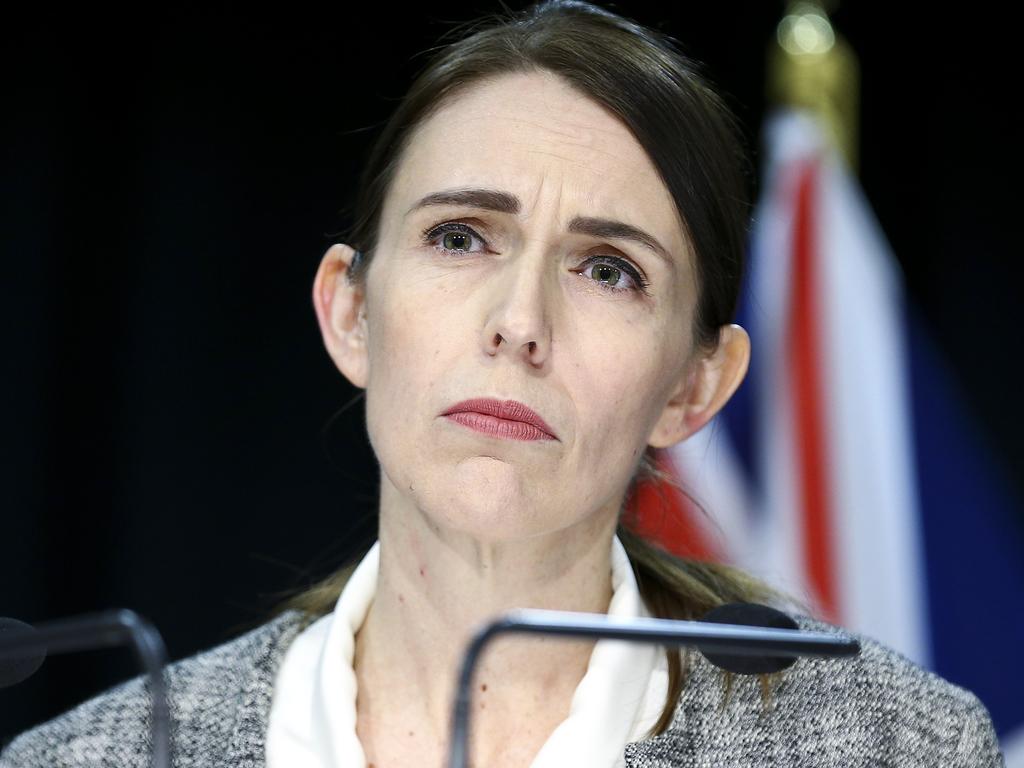
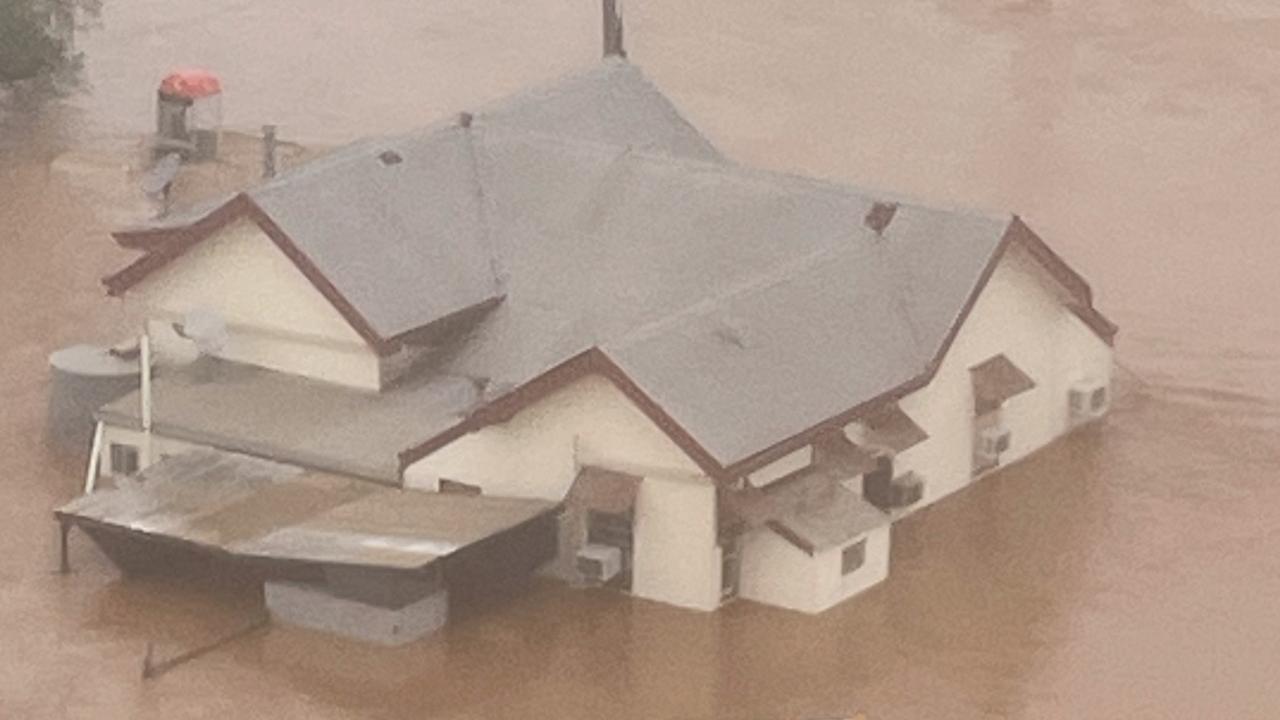
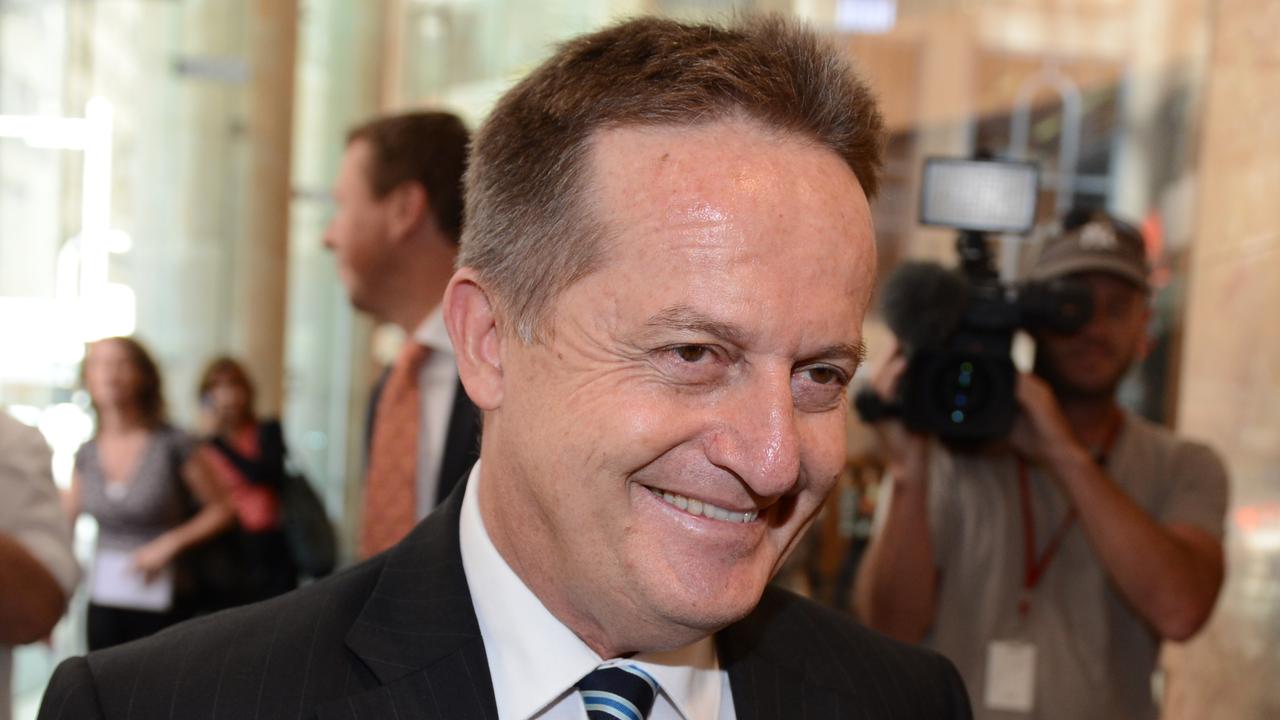
To join the conversation, please log in. Don't have an account? Register
Join the conversation, you are commenting as Logout